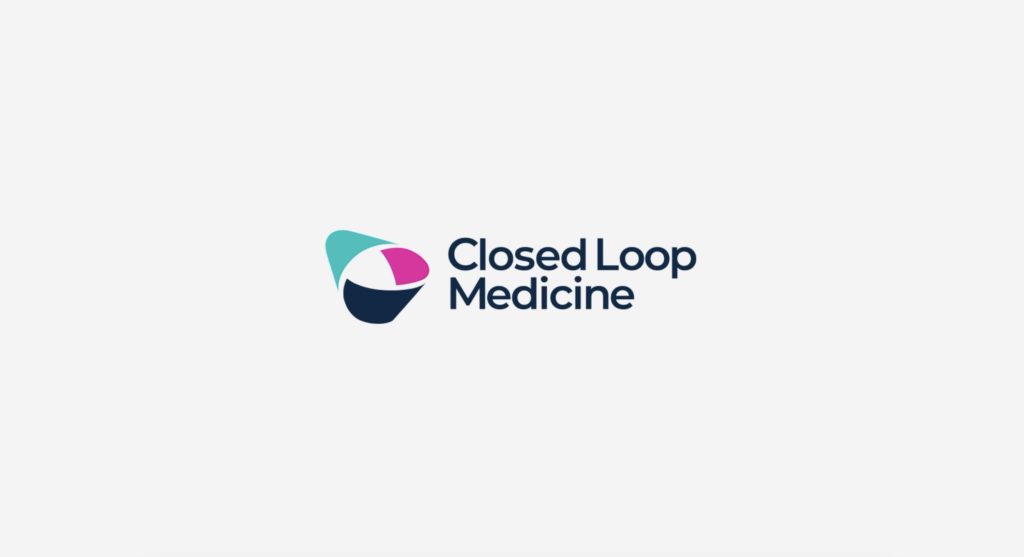In 2016, the US annual cost of drug-related morbidity and mortality resulting from non-optimized medication was estimated to be $528.4 billion, demonstrating the devastating effect treatment mismanagement can have on both society and the economy.
In this white paper, we have collaborated with industry leaders to report on the future of digitization and personalized medicine, exploring health and economic opportunities within the sector. The report collates expert insights and market research across digital health technologies, health equity and financial projections, including comments from key opinion leaders within healthcare, academia and business. Download the full white paper, for free, by clicking the link on top of the page.

Dr Paul Goldsmith
MA, Bm, BCh, MRCP, PhD
Chief Medical & Innovation Officer, Co-Founder & President

Hakim Yadi
PhD, OBE
Co-Founder
